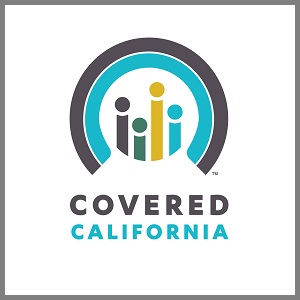
If you received a subsidy for your health insurance in 2018, you will need your 1095-A to complete your federal income tax return. If you did not receive it in the mail, you can download it from your Covered California account. I have already done this for several clients.
The 1095-A will show how much you received in Advance Premium Tax Credits (APTC) for the 2018 year. If you did not receive a 1095-A or it is obviously wrong, you will need to file a dispute form to get it corrected. I had one client whose 2018 health plan was terminated retroactively all the way back to the beginning of January 2018. Consequently, he did not receive a 1095-A because Covered California did not show he had coverage. However, he did make his premium payments and the carrier did receive the subsidy from Covered California.
1095-A Dispute Form
The error that triggered that retroactive termination occurred during open enrollment for 2019. It was a unique set of events and date issues that had the carrier terminate the coverage in error. As the agent, I was able to file a 1095-A dispute form on his behalf. The client quickly received a correct 1095-A so he could properly file his taxes.
Covered California forwards 1095-A information to the IRS. If the IRS has a record of a 1095-A for the primary tax filer, but the information was not included on the tax return, there will be an issue. Clients have notified me that they receive letters from the IRS asking for the 1095-A. What they really need is for the information on the 1095-A to be transferred to form 8962 the Premium Tax Credit reconciliation form. If you or your tax use a computer program to create your federal tax return, it will prompt for the data, but not necessarily identify it is for form 8962.
Subsidy Loss With No Federal Tax Return
The 1095-A is almost as important as filing taxes. Even if you did not owe taxes in 2017, but still received the APTC, you have to file a tax return. Covered California has been notified by the IRS if a current household, receiving the subsidy, has not filed a 2017 tax return. Covered California is sending out letters to consumers that their current monthly APTC subsidy will be terminated if they do not resolve the issue.
• The consumer received premium tax credits in 2017 and did not file a federal tax return
• The consumer received premium tax credits in 2017 and filed a federal tax return, but did not include IRS Form 8962 with their return
• The consumer received premium tax credits in 2017 and asked the IRS for an extension but has yet to file their 2017 tax return, including their IRS Form 8962
A tax payer may have filed a 2017 tax return and for some reason it is not registering in the data sent to Covered California. The primary applicant and tax filer can attest that they have filed their taxes several ways.
- Log into their Covered California account and selecting Update Consent for Verification and Tax Filing Attestation.
- Contact their Certified Covered California Agent to assist them with the consent and attestation.
- Call Covered California directly for assistance.
Covered California Guides For 1095-A & Tax Attestation
1095_A


